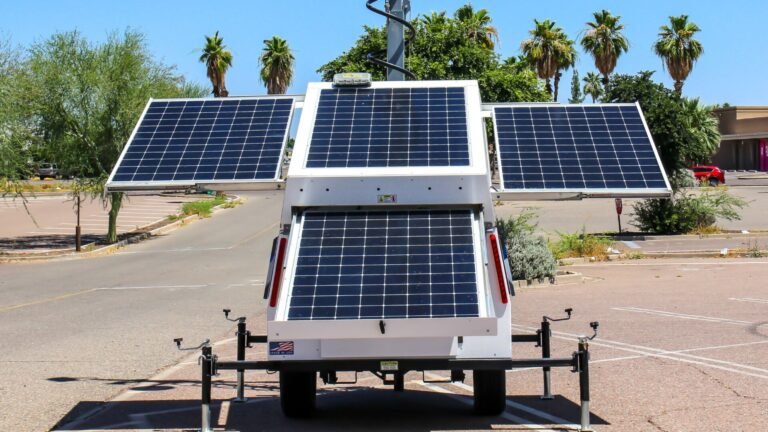IRA Solar Energy Expansion Incentives
In the wake of the Inflation Reduction Act (IRA), the landscape of the U.S. solar industry is poised for a significant transformation.
This legislation not only aims to reduce inflation but also to catalyze a substantial expansion in solar energy, leveraging a suite of incentives that promise to reshape the market.
For companies like Tamesol, a leader in the European solar industry, understanding the implications of these changes is crucial, not only for aligning strategies but also for exploring potential expansions into the U.S. market.
Unpacking the IRA Solar Energy Expansion Incentives
The IRA introduces a comprehensive package of financial incentives designed to accelerate the deployment of solar energy across the United States.
These incentives are critical in reducing the cost barrier for new installations and encouraging widespread adoption of solar technology.
Key components of the IRA Solar Energy Expansion Incentives include extended tax credits, direct rebates, and enhanced loan programs, which collectively aim to stimulate both residential and commercial solar energy projects.
Tax Credits and Their Impact on Solar Investments
One of the cornerstone elements of the IRA is the extension and expansion of the Investment Tax Credit (ITC), which now offers up to 30% credit for solar photovoltaic (PV) systems installed on residential and commercial properties.
This significant financial incentive lowers the upfront cost of solar installations, making solar projects more financially viable and attractive to investors.
For European companies like Tamesol, this could mean more opportunities to supply products and technologies to a burgeoning market.
Boosting Residential Solar Adoption
The IRA also focuses on democratizing access to solar energy through various rebates and programs targeting low- to moderate-income households.
This initiative not only aims to reduce the energy burden on these communities but also to spur residential solar adoption.
By making solar energy more accessible, the IRA facilitates a broader base of consumers who can contribute to and benefit from renewable energy, thereby expanding the market potential for solar companies.
Advancements in Commercial Solar Deployment
For the commercial sector, the IRA introduces specific incentives that address both new installations and retrofitting existing systems.
These incentives are designed to reduce energy costs and carbon footprints, making renewable energy solutions like solar a more attractive option for businesses.
The expansion of commercial solar deployment under the IRA not only drives growth in demand for solar panels and related technologies but also opens up new avenues for project development and collaboration between U.S. and European firms.
Enhancing Grid Resilience and Energy Storage
Recognizing the importance of grid stability and energy storage, the IRA provides additional incentives for the integration of solar with energy storage systems.
This move is particularly significant in the context of increasing the reliability and efficiency of solar energy, enabling it to meet a larger portion of the energy demand.
For companies in the solar sector, this presents a new frontier for innovation and investment, particularly in technologies that combine photovoltaic systems with cutting-edge storage solutions.
Implications for European Solar Companies
For European solar companies like Tamesol, the IRA Solar Energy Expansion Incentives offer a lucrative opportunity to penetrate the U.S. market, which is expected to see accelerated growth and demand for renewable energy solutions.
By aligning with these incentives, European firms can not only expand their market reach but also contribute to the global movement towards sustainable energy.
Moreover, the focus on clean technologies and reduced carbon emissions aligns with the broader environmental goals shared by many European nations, providing a common ground for international cooperation and the exchange of best practices in solar technology.
Conclusion
The Inflation Reduction Act, through its IRA Solar Energy Expansion Incentives, is setting the stage for a solar energy revolution in the U.S. that promises extensive economic and environmental benefits.
As the market for solar energy expands, European companies like Tamesol have the opportunity to leverage their expertise and innovative technologies to tap into new growth opportunities.
This legislative move not only underscores the U.S. commitment to combating climate change but also highlights the role of policy in driving the adoption of renewable energy technologies.
This shift not only benefits the solar industry but also contributes to a sustainable future, making it a pivotal moment for stakeholders across the globe, including those in Europe, to engage with and benefit from the evolving solar landscape.






